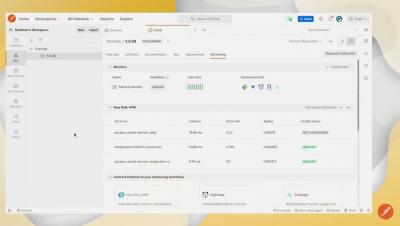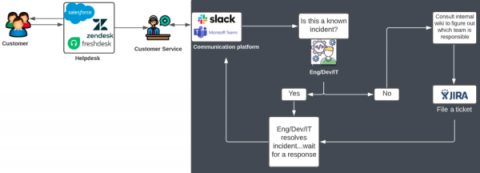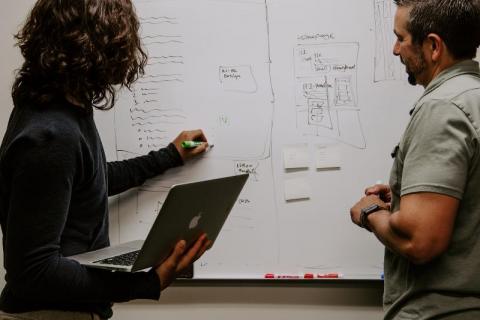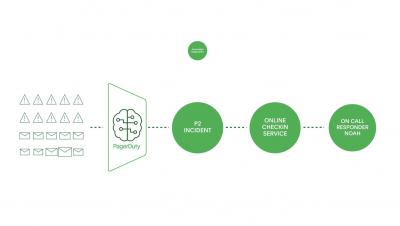Operations | Monitoring | ITSM | DevOps | Cloud
PagerDuty
The Next Evolution in Customer Service
“Customer service software has evolved so much these past ten years, but they all seem to be solving the same problems!” This was a statement made by a Customer Service leader in a recent brainstorming conversation around decreasing overall Response Times and Resolution Times.
360º Fireside Chat with PagerDuty, Lisbon's Newest Tech Employer
PagerDuty Event Orchestration in Terraform
More Powerful than Ever: PagerDuty's Revamped Mobile App is Primed for Even Better Incident Response
2020 revolutionized how we work. Many went from full-time office work to 100% remote overnight. And now that in-office is once again on the horizon, companies are thinking of ways to continue to work flexibly. However, this comes with increased challenges, and a need for tools that match this working style. The PagerDuty mobile application is well recognized, with a 4.8 stars rating on the App Store and Google Play.
Why Operational Maturity Helps Businesses Reduce the Great Resignation Trend
The past few years have led to fundamental business and cultural shifts for both companies and employees. Covid-19 has brought opportunities for companies who invested early in digital operations, while others struggled to maintain the status quo. The latter gave rise to record employee burnout, and what is now commonly referred to as the Great Resignation.
Better Data for Public Health: How Nexleaf and PagerDuty are Monitoring Healthcare
Having a reliable power source is something many of us take for granted. It is particularly important for healthcare facilities to have a consistent, reliable power source to ensure that vulnerable patients – specifically those who rely on electricity to sustain their lives – are not disrupted. In rural Sub-Saharan Africa, however, it’s estimated that only about 28% of hospitals have reliable electricity.
What is Live Call Routing?
If there’s one essential thing we’ve learned from being in the business of digital operations for more than 13 years, it’s that every business has a unique approach to building resilience with its bespoke tech stacks and processes. Many PagerDuty customers around the world are starting to provide direct access to their on-call teams with Live Call Routing (LCR).
How to Standardize Service Ownership at Scale for Improved Incident Response
Service ownership is a DevOps best practice where team members take responsibility for supporting the software they deliver at every stage of the development lifecycle. This level of ownership brings development teams much closer to their customers, the business, and the value being delivered. Service owners are the subject matter experts (SMEs) for their services – and in a service ownership model, they are also responsible for responding to any production issues.










